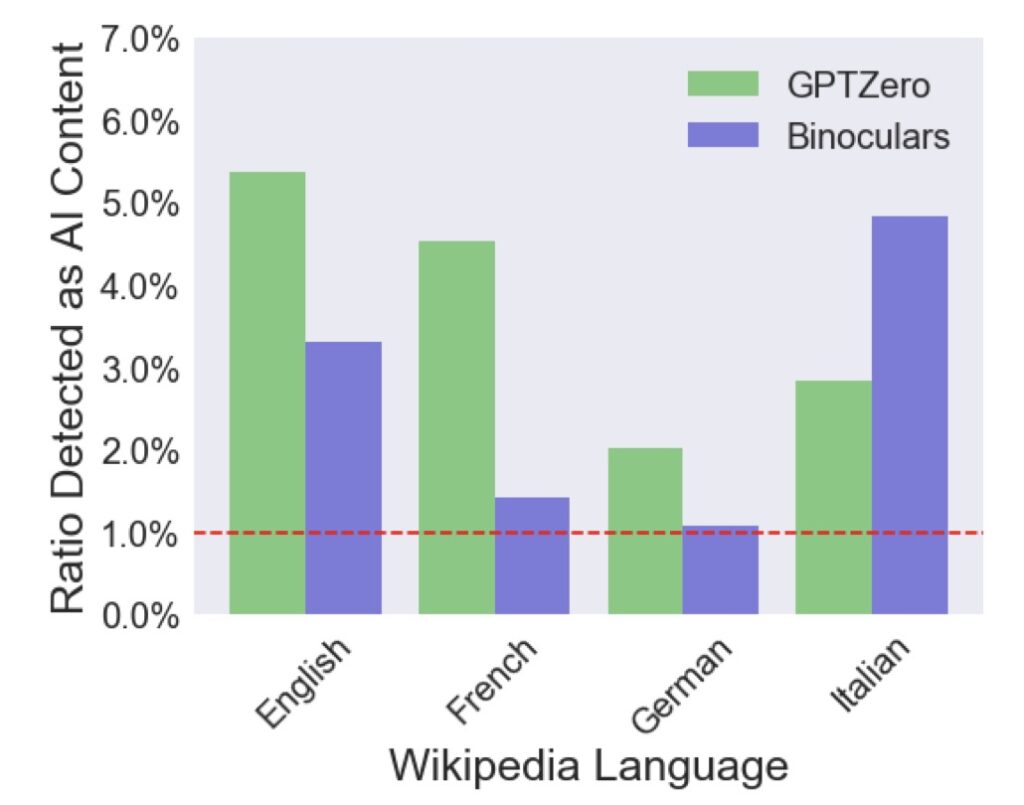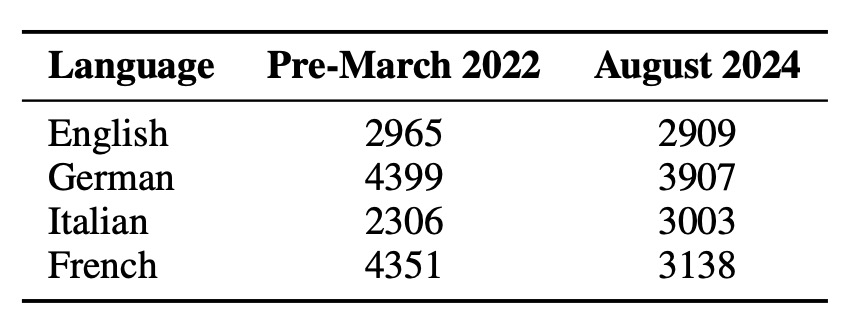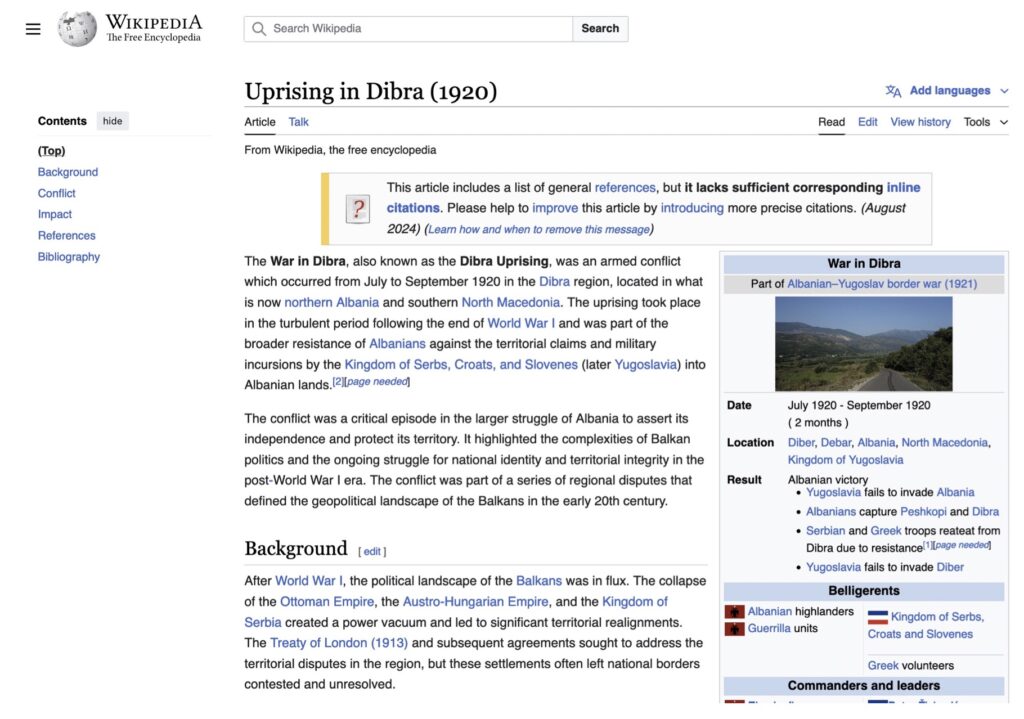Exploring the Impact of Artificial Intelligence on Information Quality and Reliability
- Increased Presence of AI-Generated Content: Recent studies show that over 5% of new English Wikipedia articles created in August were generated by AI, raising concerns about the accuracy and reliability of information found on this popular platform.
- Quality and Bias Concerns: AI-generated articles are often lower in quality and can reflect specific viewpoints, which may contribute to the amplification of biases in public discourse.
- Future of AI in Content Creation: While AI can serve as a useful writing aid, its growing influence necessitates further investigation into the effects of AI-generated content on knowledge sharing and the potential need for regulatory frameworks.

The landscape of information sharing is rapidly evolving, with AI taking center stage in content creation. A recent analysis revealed that a notable percentage—over 5%—of new articles on English Wikipedia in August were produced by AI, underscoring the increasing reliance on generative models for generating text. This shift raises critical questions about the accountability and accuracy of the content being disseminated to the public, as AI-generated material can lack the rigorous scrutiny typical of human-created articles.

The rise in AI-generated articles poses significant challenges for platforms like Wikipedia, which have long been regarded as reliable sources of information. Studies using AI detection tools, such as GPTZero and the open-source alternative Binoculars, have shown that many of these newly created entries are of lower quality and often display self-promotional tendencies or partial viewpoints, especially on controversial topics. Such trends could lead to a skewed understanding of vital issues, thereby compromising the integrity of knowledge shared across the internet.

Moreover, the implications of AI’s pervasive presence extend beyond content quality. Research indicates that individuals are more likely to believe frequently repeated statements, blurring the lines between familiarity and validity. As AI-generated outputs tend to exhibit less variability than those produced by humans, the potential for increased polarization in public opinion is concerning. This phenomenon could undermine the concept of collective wisdom, as articulated by James Surowiecki, if individuals increasingly rely on AI-generated information without questioning its source or validity.

Despite the risks associated with AI-generated content, it is essential to recognize its potential benefits when used responsibly. For instance, AI can serve as a valuable writing assistant, helping human authors streamline their creative processes or summarize complex topics. Some studies have shown that experienced Wikipedia editors view AI as a useful tool in their pre-writing stages. However, the absence of clear guidelines and regulations on how AI can be employed in content generation poses ongoing challenges for educators, content creators, and the general public.

The increasing prevalence of AI-generated content emphasizes the need for further research to understand its impact on knowledge sharing. This includes exploring the differences between human and AI-generated text, examining how biases may manifest, and determining the effectiveness of AI detection tools. The proprietary nature of some AI detection methods, combined with the complexities of multilingual settings, complicates efforts to create a comprehensive understanding of AI’s role in content creation.
As we move forward, it is imperative to foster responsible innovation in AI applications and develop frameworks that ensure the quality and reliability of information. Stakeholders in education, technology, and policy must work collaboratively to navigate the challenges posed by AI-generated content while harnessing its potential to enhance knowledge sharing. The future of information dissemination will undoubtedly be influenced by AI, and understanding its implications will be crucial for maintaining the integrity of knowledge in an increasingly digital world.
